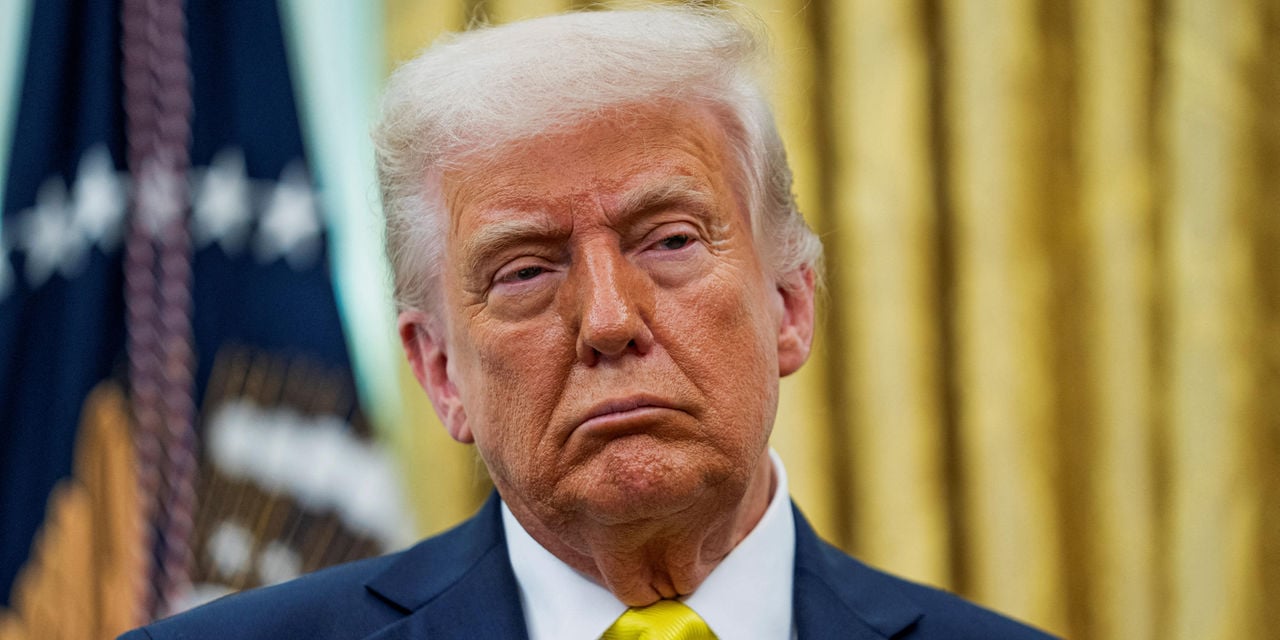Americas
US Resumes Student Visa Processing with Mandatory Social Media Access Requirements

New policy requires international students to make accounts public for consular review amid national security concerns
The United States has reinstated its student visa processing program following a temporary suspension, introducing stringent new requirements that mandate foreign applicants provide unrestricted access to their social media accounts as part of the application process.
The policy change, announced Wednesday by the State Department through an internal cable, represents the latest escalation in the Trump administration’s comprehensive review of international student admissions.
Under the new guidelines, consular officers must conduct what officials describe as “comprehensive and thorough vetting” of all student and exchange visitor applicants.
Social Media Screening Requirements
International students seeking U.S. visas must now make their social media accounts completely public, allowing consular officers to examine posts, messages, and online activity.
Officials will specifically search for content demonstrating “any indications of hostility towards the citizens, culture, government, institutions or founding principles of the United States,” according to the State Department directive.
The policy carries significant consequences for non-compliance.
Students who refuse to grant access to their social media presence risk immediate visa rejection, with authorities treating such refusal as an attempt to evade mandatory security screening.
“Remind the applicant that limited access to their online presence could be perceived as an attempt to conceal certain activities,” the internal cable instructed consular officers, emphasizing the administration’s zero-tolerance approach to incomplete disclosure.
Impact on University Selection
Beyond social media requirements, the State Department has implemented preference guidelines that favor students applying to institutions with international enrollment below 15 percent.
This criterion effectively excludes many of America’s most prestigious universities, including Ivy League institutions and major public universities such as the University of Illinois, which typically maintain higher international student populations.
The policy shift comes as international students worldwide have faced mounting uncertainty following last month’s suspension of visa interviews.
Many students had been forced to delay travel arrangements and housing plans as they awaited clarity on their application status ahead of the upcoming academic year.
Secretary of State Marco Rubio, who serves as President Trump’s chief diplomat and national security adviser, has already implemented the new screening protocols extensively.
Rubio confirmed that his department has revoked visas for “hundreds, perhaps thousands” of individuals, including students whose activities allegedly conflict with U.S. foreign policy priorities.
The revocations have particularly targeted students who expressed support for Palestinian causes or criticized Israeli military actions in Gaza, reflecting the administration’s broader foreign policy alignment in the Middle East conflict.
This crackdown extends beyond social media monitoring.
Earlier this year, the administration initially revoked study permissions for thousands of international students over minor legal infractions, including traffic violations, before reversing course amid widespread criticism.
However, officials have simultaneously expanded the grounds under which foreign students’ legal status can be terminated.
The visa policy changes coincide with a broader diplomatic pressure campaign targeting 36 countries that the administration believes maintain inadequate traveler vetting procedures.
According to weekend diplomatic cables, these nations have 60 days to address U.S. security concerns or face inclusion on an expanded travel ban list that currently restricts citizens from 12 countries.
The ultimatum reflects the administration’s systematic approach to tightening immigration controls across multiple categories, with international students representing just one component of a comprehensive policy overhaul.
The new requirements have generated significant concern within international education communities, as students and universities grapple with the implications of mandatory social media disclosure. Privacy advocates argue the policy creates a chilling effect on free expression, while educational institutions worry about the impact on international enrollment and academic diversity.
The resumption of visa processing, while providing some relief to students who had been in administrative limbo, comes with conditions that fundamentally alter the traditional application process. Students must now navigate not only academic and financial requirements but also comprehensive digital surveillance as a prerequisite for U.S. educational opportunities.
As the academic year approaches, the long-term effects of these policy changes on international student enrollment, university diversity, and America’s position in global higher education remain to be determined. The administration has indicated that additional security measures may be forthcoming as part of its ongoing review of immigration and visa procedures.
Kenya Insights allows guest blogging, if you want to be published on Kenya’s most authoritative and accurate blog, have an expose, news TIPS, story angles, human interest stories, drop us an email on [email protected] or via Telegram
-

 Business2 weeks ago
Business2 weeks agoSAFARICOM’S M-SHWARI MELTDOWN: TERRIFIED KENYANS FLEE AS BILLIONS VANISH INTO DIGITAL BLACK HOLE
-

 News2 weeks ago
News2 weeks agoHow A Fake Firm Was Awarded A Sh230 Million Tender By Kiambu County
-

 News2 weeks ago
News2 weeks agoLANDLORD FROM HELL: Daniel Agili Ojijo’s Empire of Evictions, Unpaid Wages, and Sham Auctions Leaves Trail of Terrorized Tenants
-

 Business2 weeks ago
Business2 weeks agoSafaricom Blocks Telegram Access in Kenya
-

 News1 week ago
News1 week agoUK-Based Website Faces Scrutiny Over Alleged Sexual Exploitation Of Kenyan Women
-

 Investigations1 week ago
Investigations1 week agoMistreatment and Gross Misconduct: Thika Cloth Mills Accused of Bribing Labour Ministry Officials to Muzzle Workers’ Revolt
-

 News2 weeks ago
News2 weeks agoOburu Explains Why Raila Had Two Coffins and His Body Prepared in Kasarani, Not Lee Funeral Home
-

 Politics1 week ago
Politics1 week agoUhuru Kenyatta Draws Battle Lines in Mt. Kenya Politics Defends Gachagua and Warns Jubilee Rebels to Toe the Line



















